“Mastering Wealth: How Leveraged Life Insurance and Infinite Banking Work Together”
Leveraged Life Insurance and Infinite Banking
What is Leveraged Life Insurance?
Leveraged life insurance is a strategy that involves using borrowed funds to pay life insurance premiums, similar to premium financing. However, leveraged life insurance focuses on maximizing the cash value of the policy, allowing policyholders to access the cash value for other investments or expenses. This approach can enhance wealth accumulation and provide additional financial flexibility.
Key Benefits:
- Increased cash value growth: Leveraged life insurance policies can offer higher cash value growth, enhancing wealth accumulation.
- Access to funds: Policyholders can access the cash value for other investments or expenses, providing additional financial flexibility.
- Tax advantages: Similar to premium financing, leveraged life insurance offers potential tax benefits.
Infinite Banking Concept Explained
The Infinite Banking Concept is a financial strategy that involves using a specially designed whole life insurance policy as a personal banking system. By borrowing against the policy’s cash value, individuals can finance their own purchases and investments, effectively becoming their own bank.
Key Features:
- Control: Policyholders have control over their finances, using the policy’s cash value to finance purchases and investments.
- Growth: The cash value of the policy grows tax-deferred, enhancing wealth accumulation.
- Flexibility: Policyholders can use the funds for various purposes, including business expenses, personal purchases, or investments.
Becoming Your Own Banker: A Strategic Approach
Becoming your own banker through the Infinite Banking Concept involves using the cash value of a whole life insurance policy to finance your own purchases and investments. This approach provides several benefits, including enhanced financial control, tax advantages, and potential for wealth accumulation.
Steps to Becoming Your Own Banker:
- Select a Whole Life Policy: Choose a policy designed for the Infinite Banking Concept, focusing on cash value growth.
- Build Cash Value: Contribute premiums to build the policy’s cash value over time.
- Borrow Against Cash Value: Use the policy’s cash value to finance purchases and investments, repaying the loan on your terms.
- Enjoy Financial Control: Benefit from enhanced financial control and potential tax advantages.
Estate Planning with Life Insurance
How Life Insurance Creates an Immediate Estate
Life insurance plays a crucial role in estate planning by creating an immediate estate for beneficiaries upon the policyholder’s death. This ensures that funds are available to cover estate taxes, debts, and other financial obligations, providing security for heirs.
Key Benefits:
- Immediate liquidity: Life insurance provides instant funds for beneficiaries, ensuring financial security.
- Tax-efficient wealth transfer: Policies can be structured to minimize estate taxes, preserving more wealth for heirs.
- Legacy planning: Life insurance allows individuals to leave a lasting legacy for future generations.
Survivorship Life Insurance Policies in Estate Planning
Survivorship life insurance policies, also known as second-to-die policies, cover two individuals and pay out upon the death of the second insured. These policies are often used in estate planning to cover estate taxes and provide for heirs, ensuring a smooth transfer of wealth.
Key Benefits:
- Cost-effective coverage: Survivorship policies typically offer lower premiums than individual policies.
- Estate tax planning: The death benefit can cover estate taxes, preserving more wealth for heirs.
- Legacy planning: Survivorship policies provide a financial safety net for future generations.
Is Life Insurance Part of an Estate?
Whether life insurance is considered part of an estate depends on several factors, including policy ownership and beneficiary designations. Proper planning can ensure that life insurance proceeds are used to benefit heirs while minimizing estate taxes.
Key Considerations:
- Ownership: Policies owned by the insured are typically included in the estate, potentially increasing estate taxes.
- Beneficiary designations: Naming beneficiaries directly can exclude proceeds from the estate, reducing tax liability.
- Trusts: Using trusts to own life insurance policies can provide additional estate planning benefits.
.







